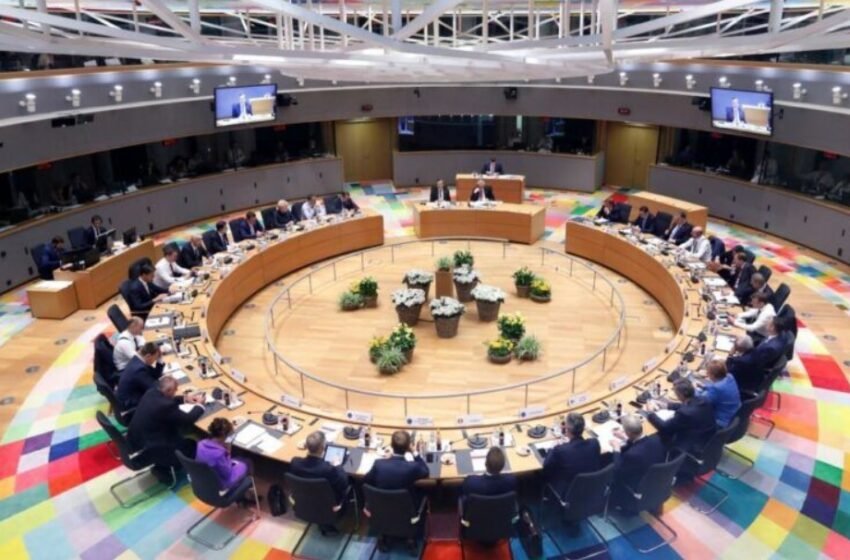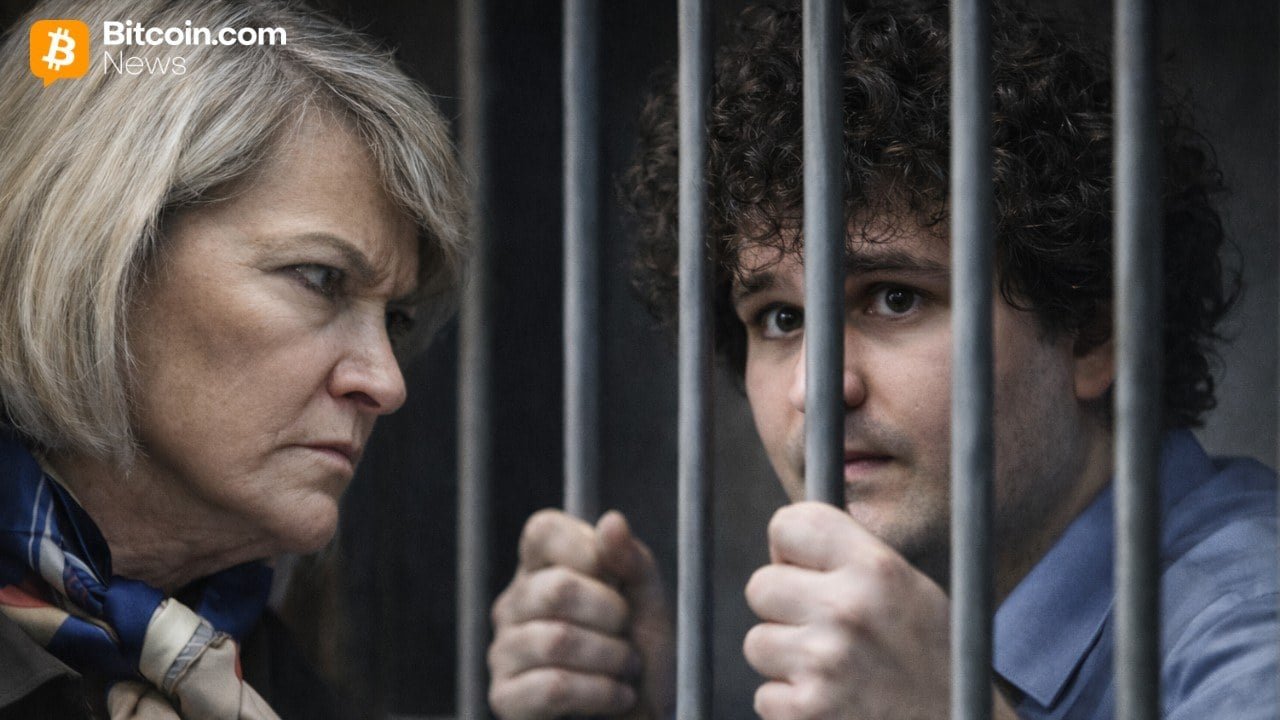EU Council Approves Stricter Measures for “Unexplained Asset” Seizure
(Originally posted on : Crypto News – iGaming.org )
By approving broad new provisions for the freezing and seizure of “unexplained assets,” the Council of the European Union has made a significant step in the fight against illicit money. Updates to the current framework for wealth confiscation are planned, with the goal of enhancing the ability of competent authorities to deny offenders access to the fruits of their illicit activity. The regulation, which aims to ensure consistency and clarity throughout the EU, is notable for including specific restrictions involving crypto assets.
Broadening the Definition of Seizable Property
The directive, titled “Proposal for a Directive of the European Parliament and of the Council on Asset Recovery and Confiscation,” which was enacted, highlights the significance of broadly defining the assets that may be seized or frozen. This strategy makes sure that the new regulations apply to all types of property, including cryptographic assets. The EU aims to address the issues presented by the use of digital assets in illicit activity and boost asset recovery procedures by specifically addressing cryptocurrencies.
New players only. Welcome Bonus – 125% bonus on your first deposit up to $2,500
Cracking Down on “Unexplained Assets”
Individuals with “unexplained assets” will be subject to intense examination under the new regulations. They will have to show proof that their property’s worth matches their legal revenue or that it doesn’t originate from an illegal source. The order gives national courts the authority to evaluate the authenticity of the assets by taking into account all pertinent circumstances, including the evidence at hand and any ties to criminal groups. Every circumstance will be examined individually, taking its unique characteristics into account.
Roadmap to Implementation
The directive will enter into talks with the European Parliament to be finalized when the Council approves it. EU nations will have three years to execute the directive’s terms when it has been completely ratified by member states. This allows the countries plenty of time to adapt their legal frameworks to the new regulations, guaranteeing a concerted effort to reduce financial crimes and encourage transparency in wealth accumulation.







 Bitcoin
Bitcoin  Ethereum
Ethereum  Tether
Tether  XRP
XRP  USDC
USDC  Solana
Solana  TRON
TRON  Figure Heloc
Figure Heloc  Lido Staked Ether
Lido Staked Ether  Dogecoin
Dogecoin  WhiteBIT Coin
WhiteBIT Coin  Cardano
Cardano  USDS
USDS  Bitcoin Cash
Bitcoin Cash  LEO Token
LEO Token  Wrapped stETH
Wrapped stETH  Hyperliquid
Hyperliquid  Monero
Monero  Wrapped Bitcoin
Wrapped Bitcoin  Chainlink
Chainlink  Binance Bridged USDT (BNB Smart Chain)
Binance Bridged USDT (BNB Smart Chain)  Ethena USDe
Ethena USDe  Canton
Canton  Stellar
Stellar  USD1
USD1  Wrapped eETH
Wrapped eETH  Rain
Rain  Hedera
Hedera  sUSDS
sUSDS  PayPal USD
PayPal USD  Dai
Dai  Litecoin
Litecoin  Coinbase Wrapped BTC
Coinbase Wrapped BTC  Avalanche
Avalanche  Zcash
Zcash  Sui
Sui  WETH
WETH  Shiba Inu
Shiba Inu  Cronos
Cronos  Tether Gold
Tether Gold  USDT0
USDT0  World Liberty Financial
World Liberty Financial  Toncoin
Toncoin  MemeCore
MemeCore  Polkadot
Polkadot  PAX Gold
PAX Gold  Uniswap
Uniswap  Mantle
Mantle  Ethena Staked USDe
Ethena Staked USDe  BlackRock USD Institutional Digital Liquidity Fund
BlackRock USD Institutional Digital Liquidity Fund  Circle USYC
Circle USYC  Global Dollar
Global Dollar  Aave
Aave  Bittensor
Bittensor  Falcon USD
Falcon USD  Aster
Aster  OKB
OKB  Pi Network
Pi Network  Sky
Sky  NEAR Protocol
NEAR Protocol  syrupUSDC
syrupUSDC  Ripple USD
Ripple USD  Bitget Token
Bitget Token  Pepe
Pepe  HTX DAO
HTX DAO  Ethereum Classic
Ethereum Classic  Internet Computer
Internet Computer  BFUSD
BFUSD  Ondo
Ondo  Pump.fun
Pump.fun  Superstate Short Duration U.S. Government Securities Fund (USTB)
Superstate Short Duration U.S. Government Securities Fund (USTB)  POL (ex-MATIC)
POL (ex-MATIC)  Gate
Gate  Worldcoin
Worldcoin  KuCoin
KuCoin  Jupiter Perpetuals Liquidity Provider Token
Jupiter Perpetuals Liquidity Provider Token  Midnight
Midnight  Cosmos Hub
Cosmos Hub  Ethena
Ethena  Jito Staked SOL
Jito Staked SOL  NEXO
NEXO  USDtb
USDtb  Official Trump
Official Trump  Binance-Peg WETH
Binance-Peg WETH  Spiko EU T-Bills Money Market Fund
Spiko EU T-Bills Money Market Fund  Rocket Pool ETH
Rocket Pool ETH  Algorand
Algorand  Binance Bridged USDC (BNB Smart Chain)
Binance Bridged USDC (BNB Smart Chain)  OUSG
OUSG  Filecoin
Filecoin  Wrapped BNB
Wrapped BNB  Aptos
Aptos  Function FBTC
Function FBTC